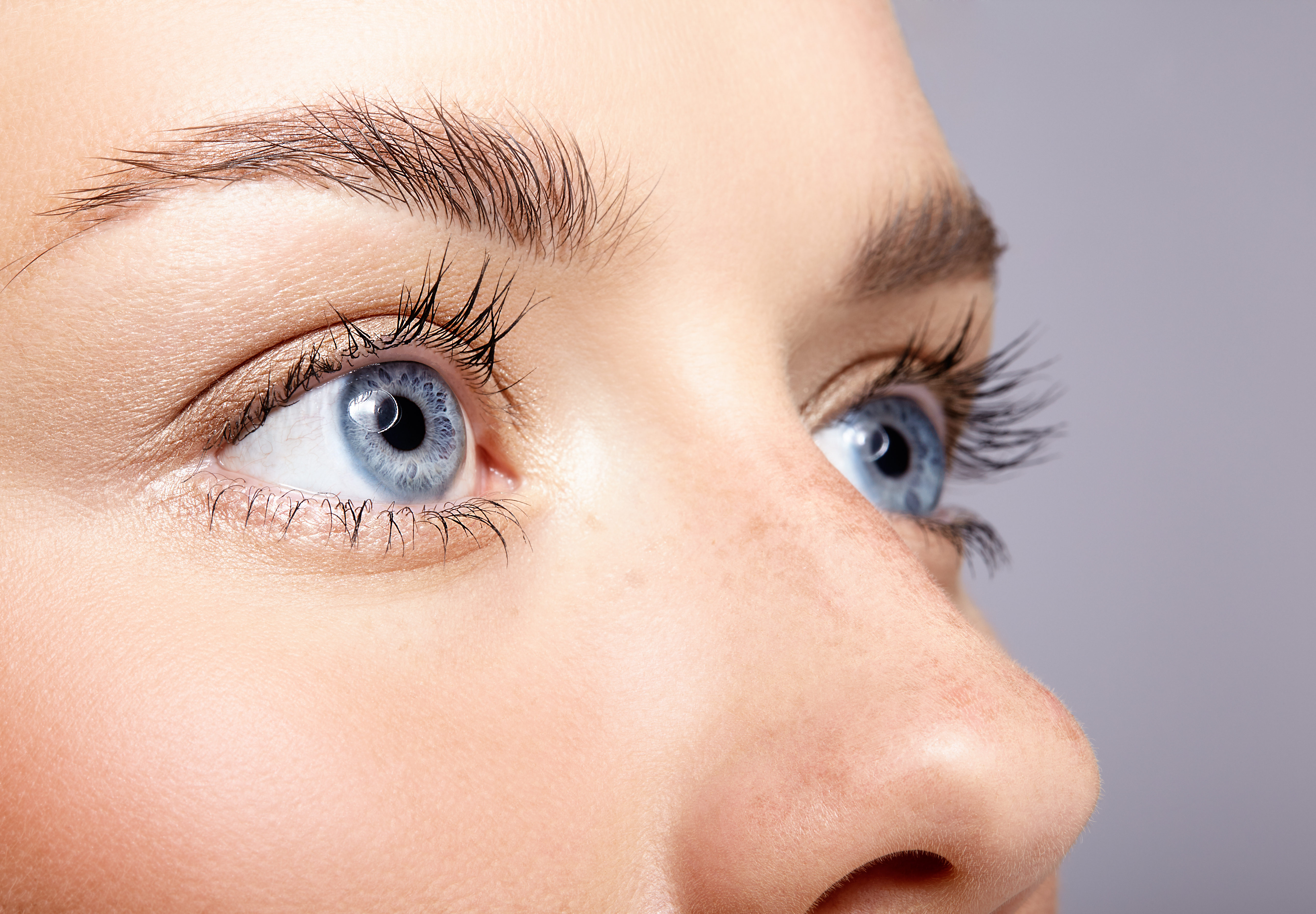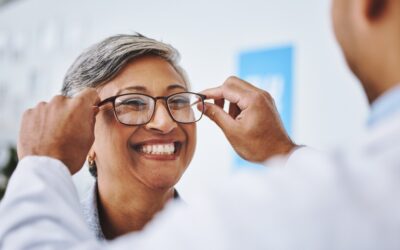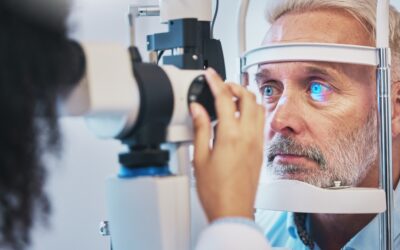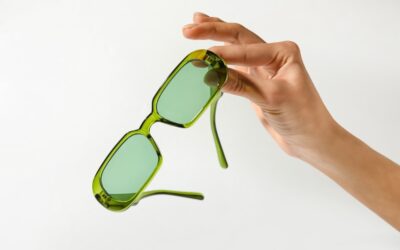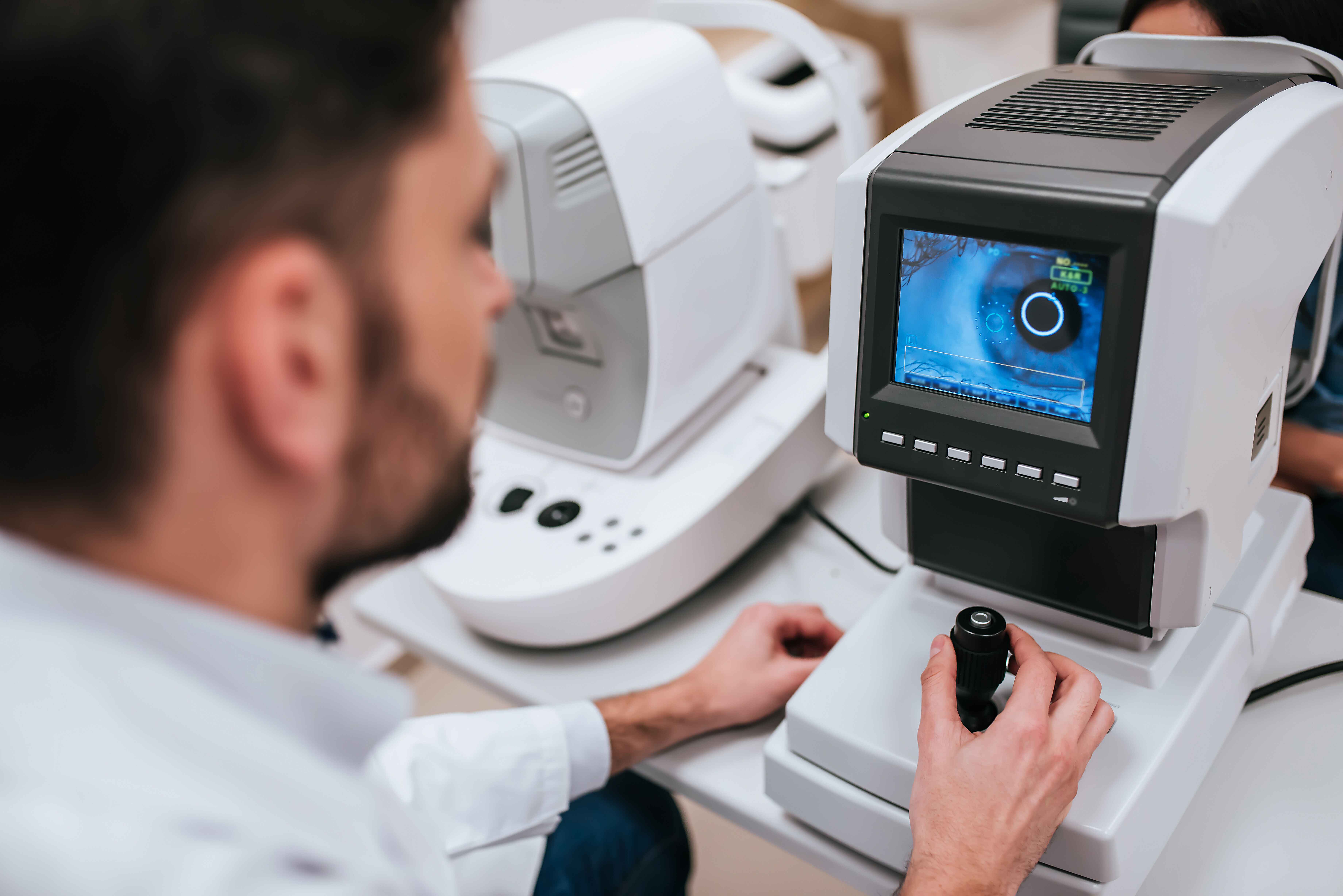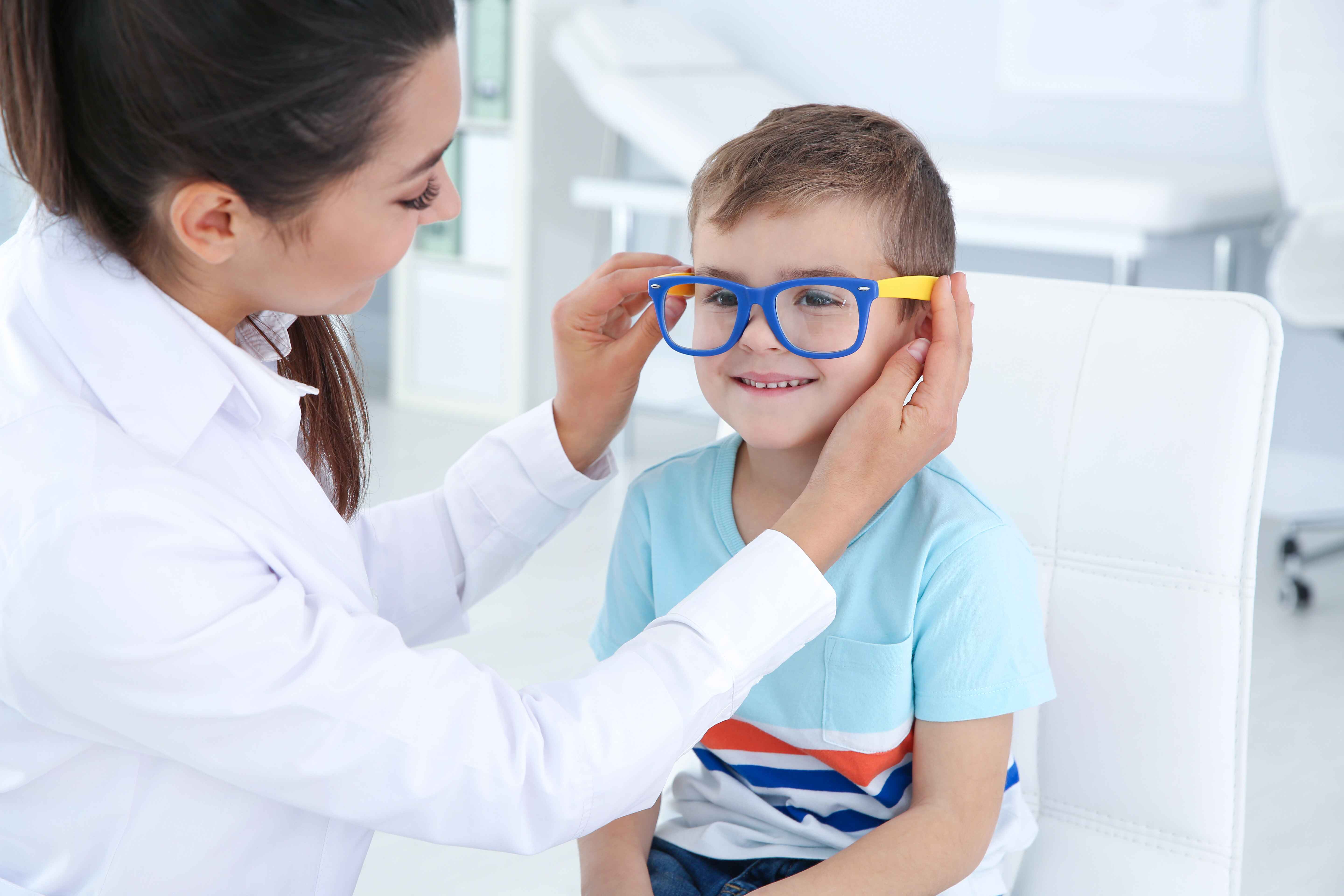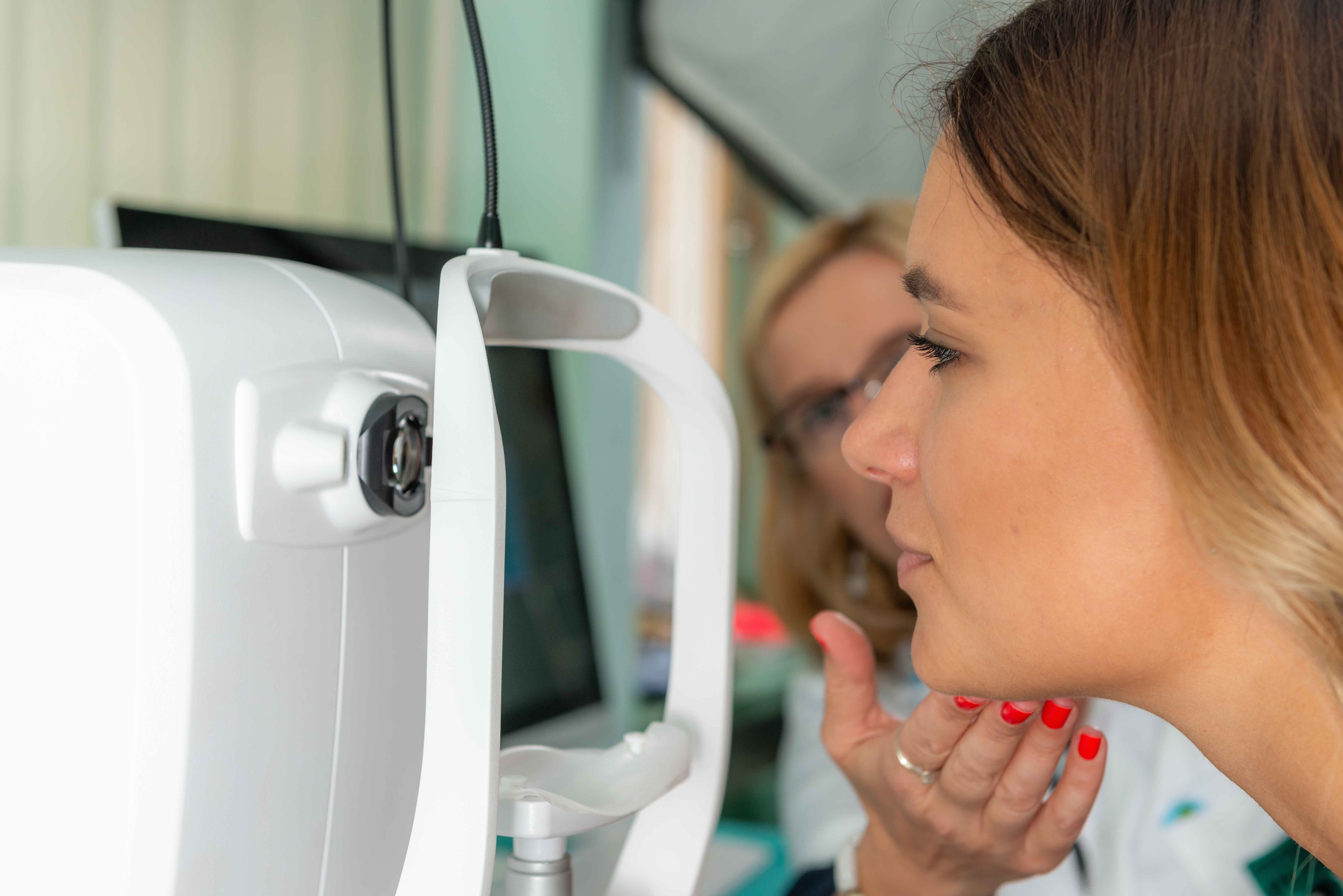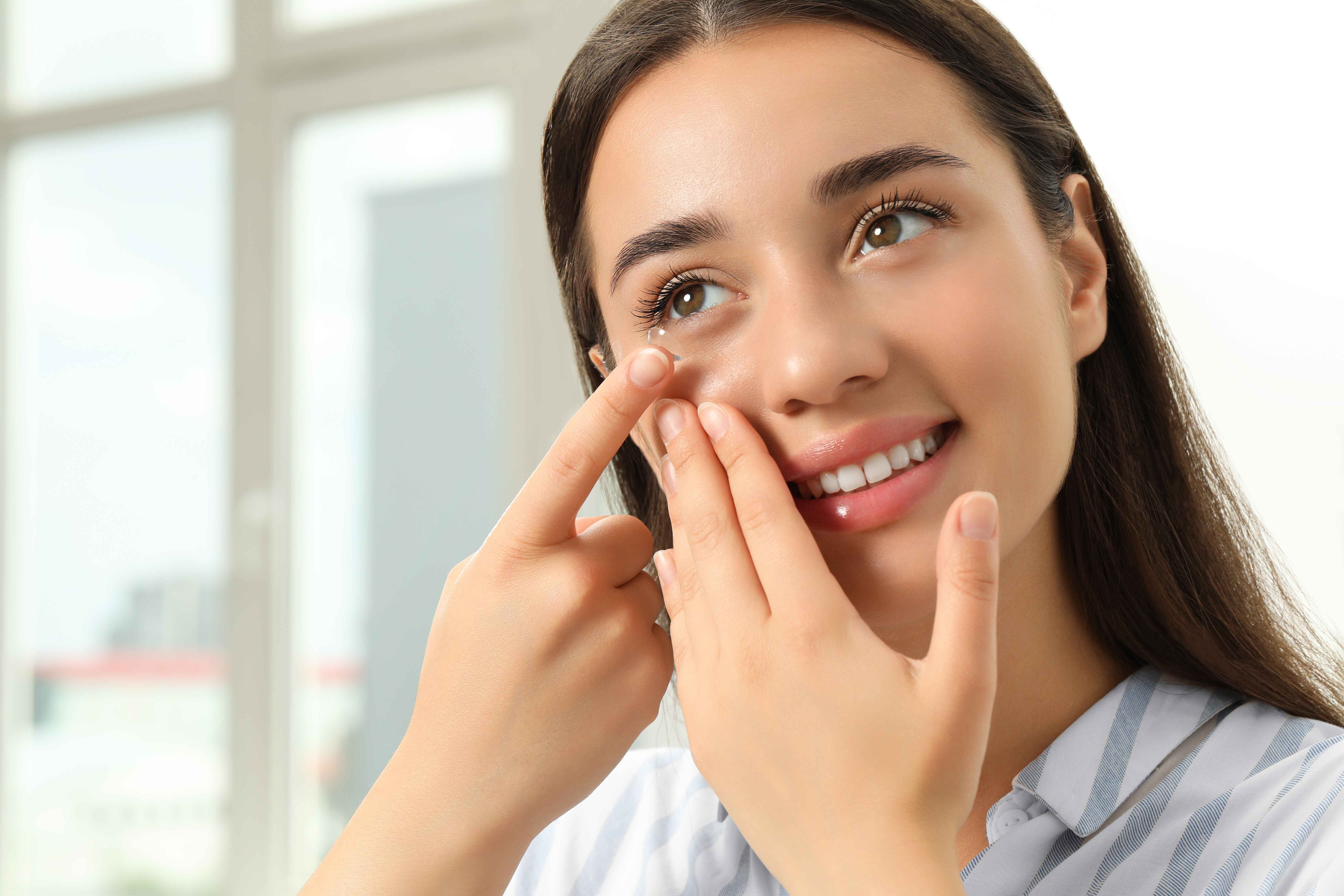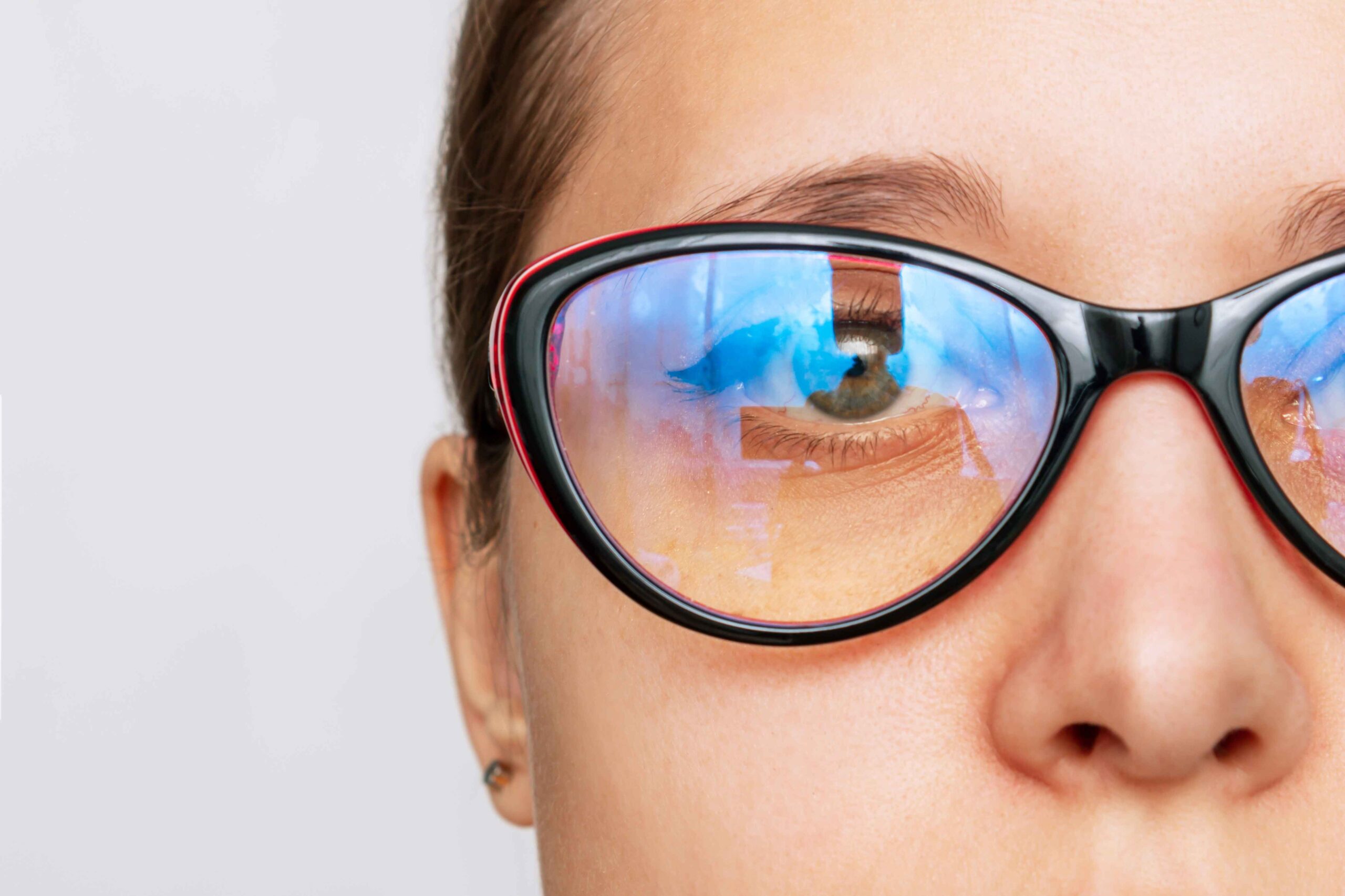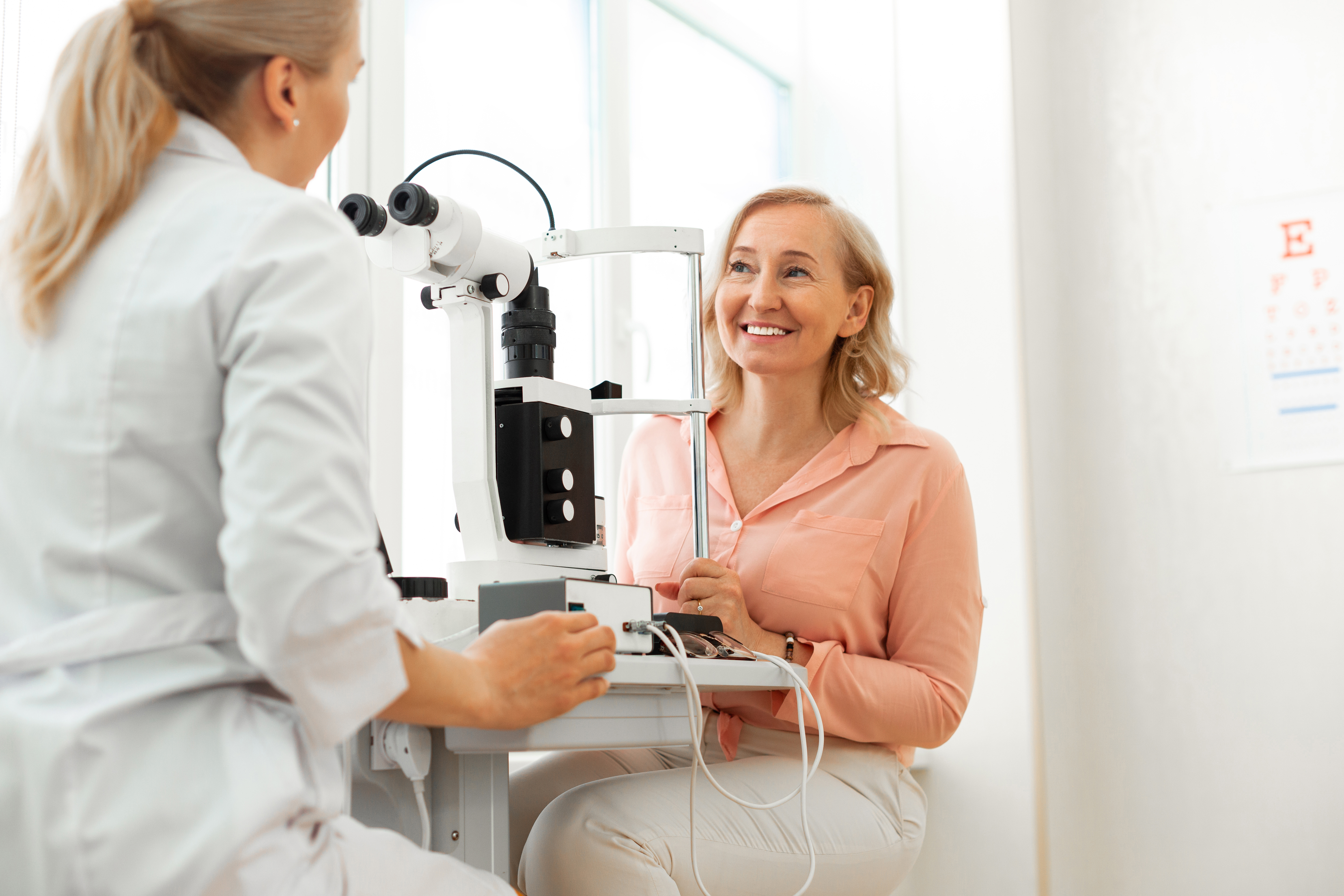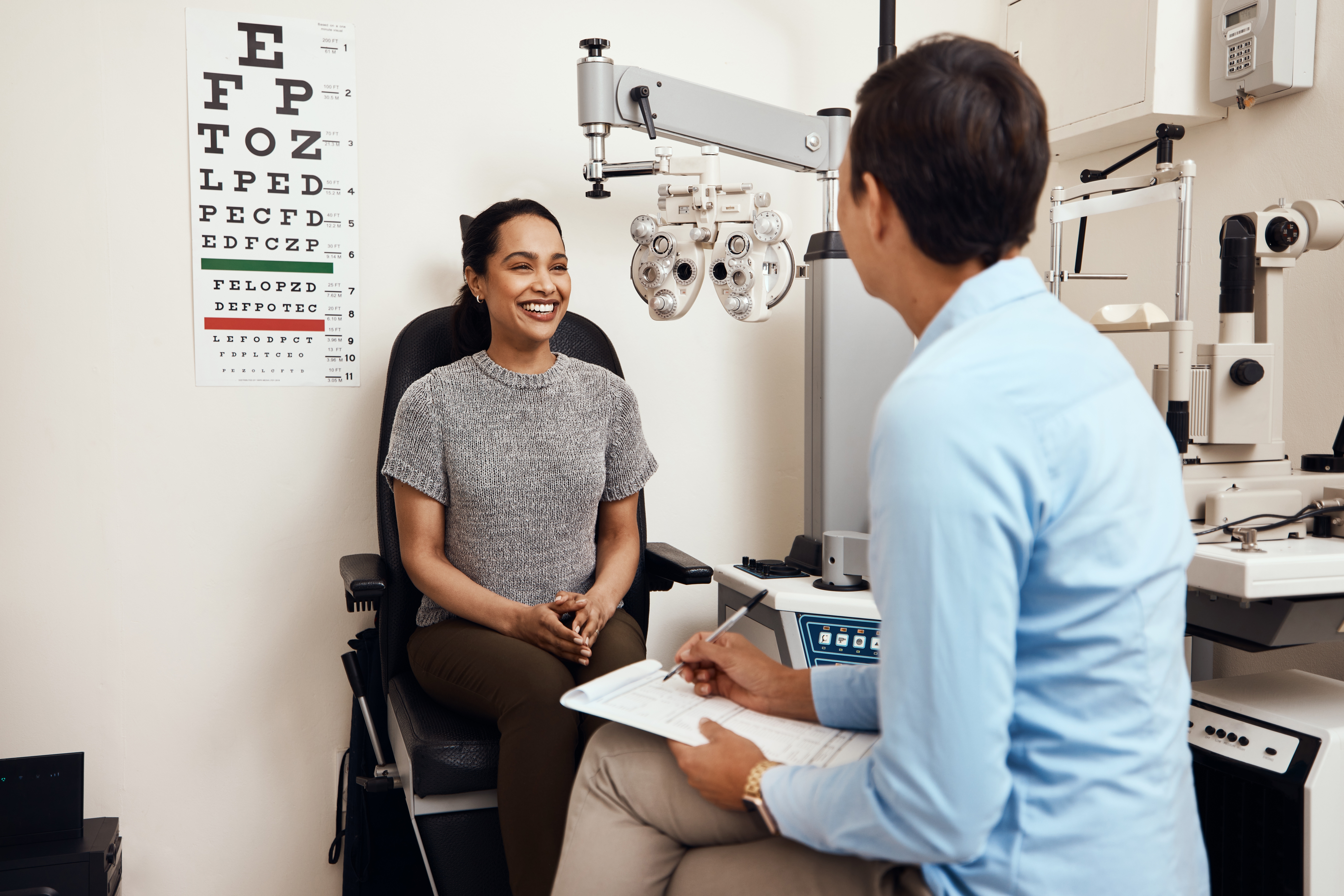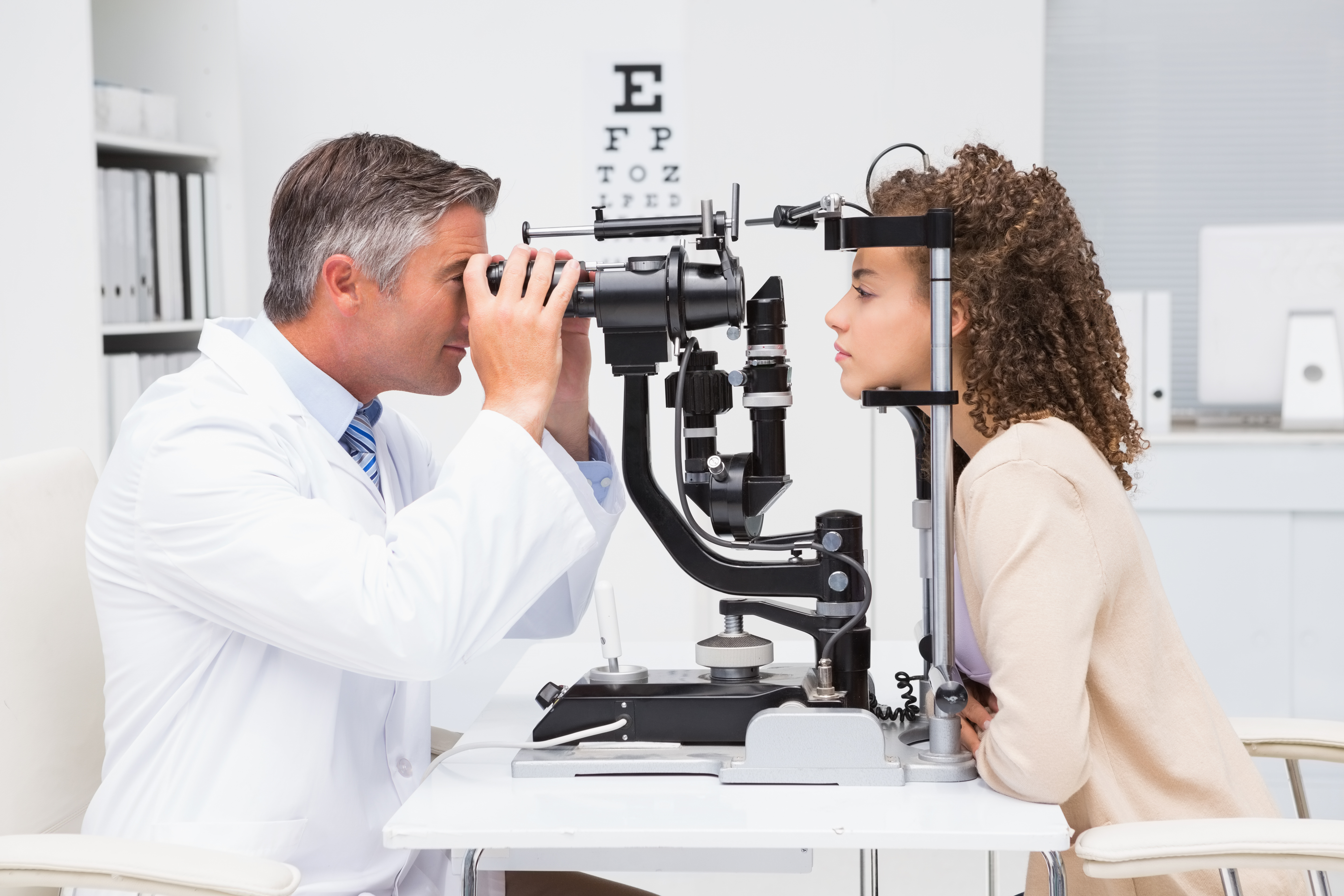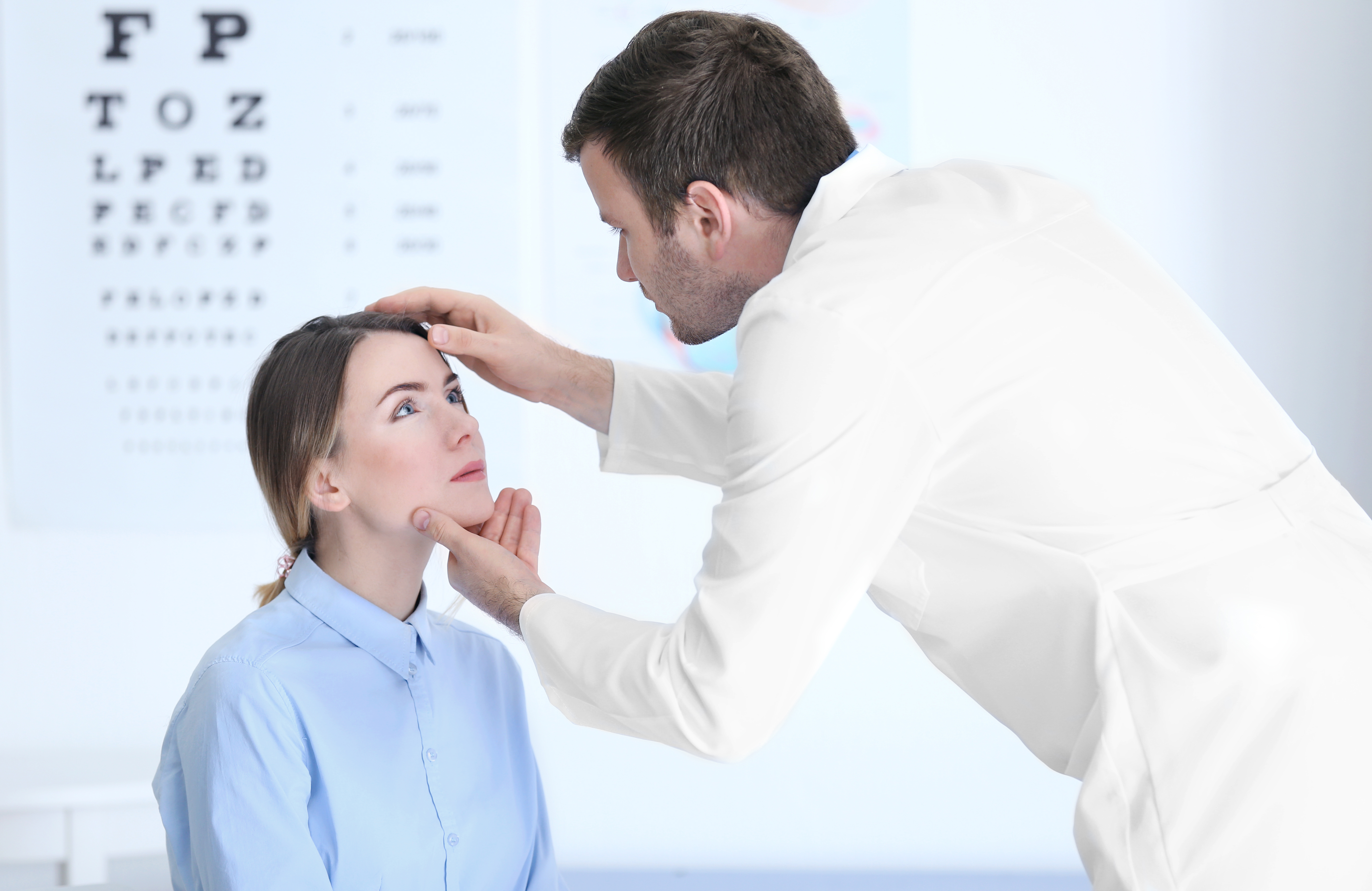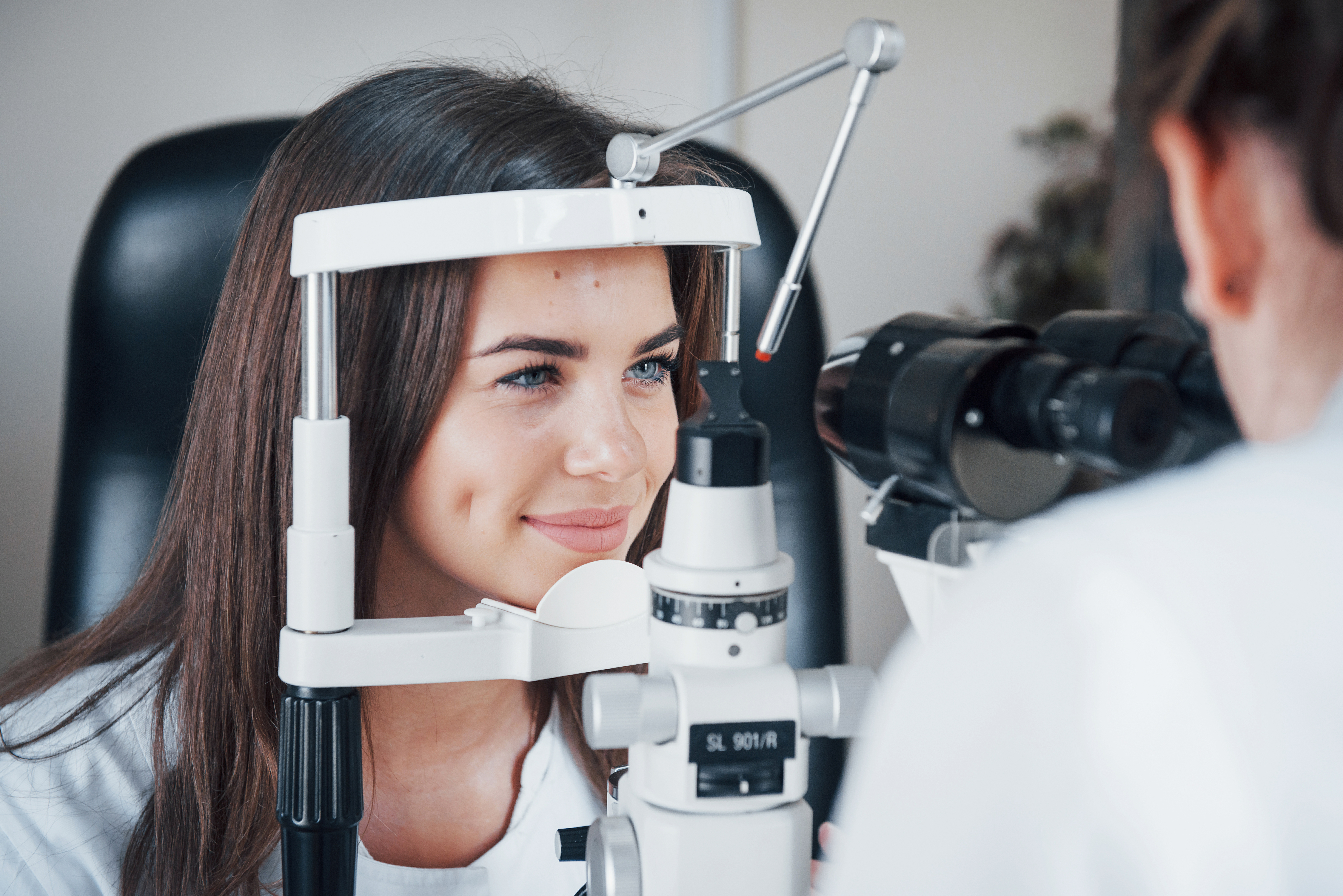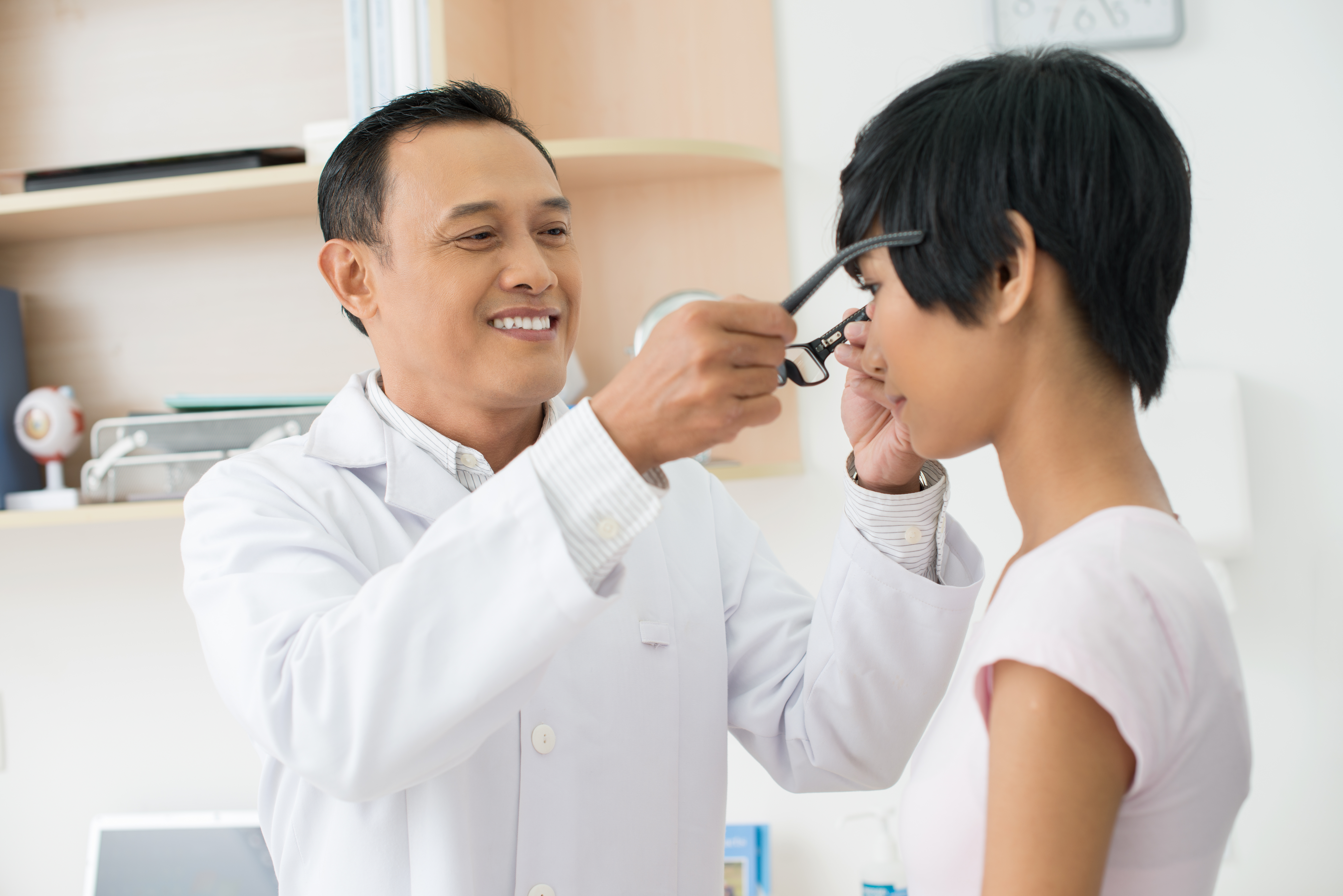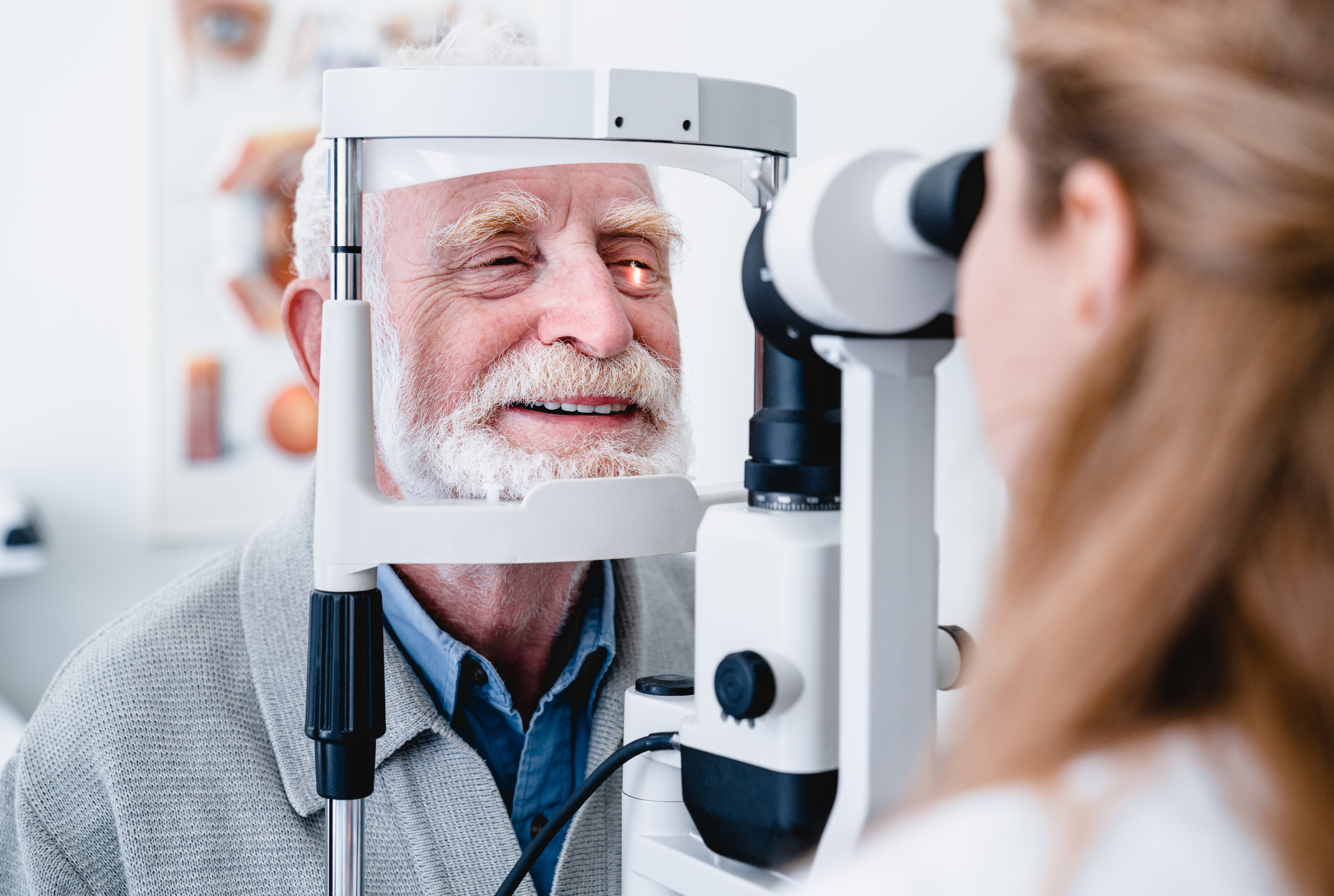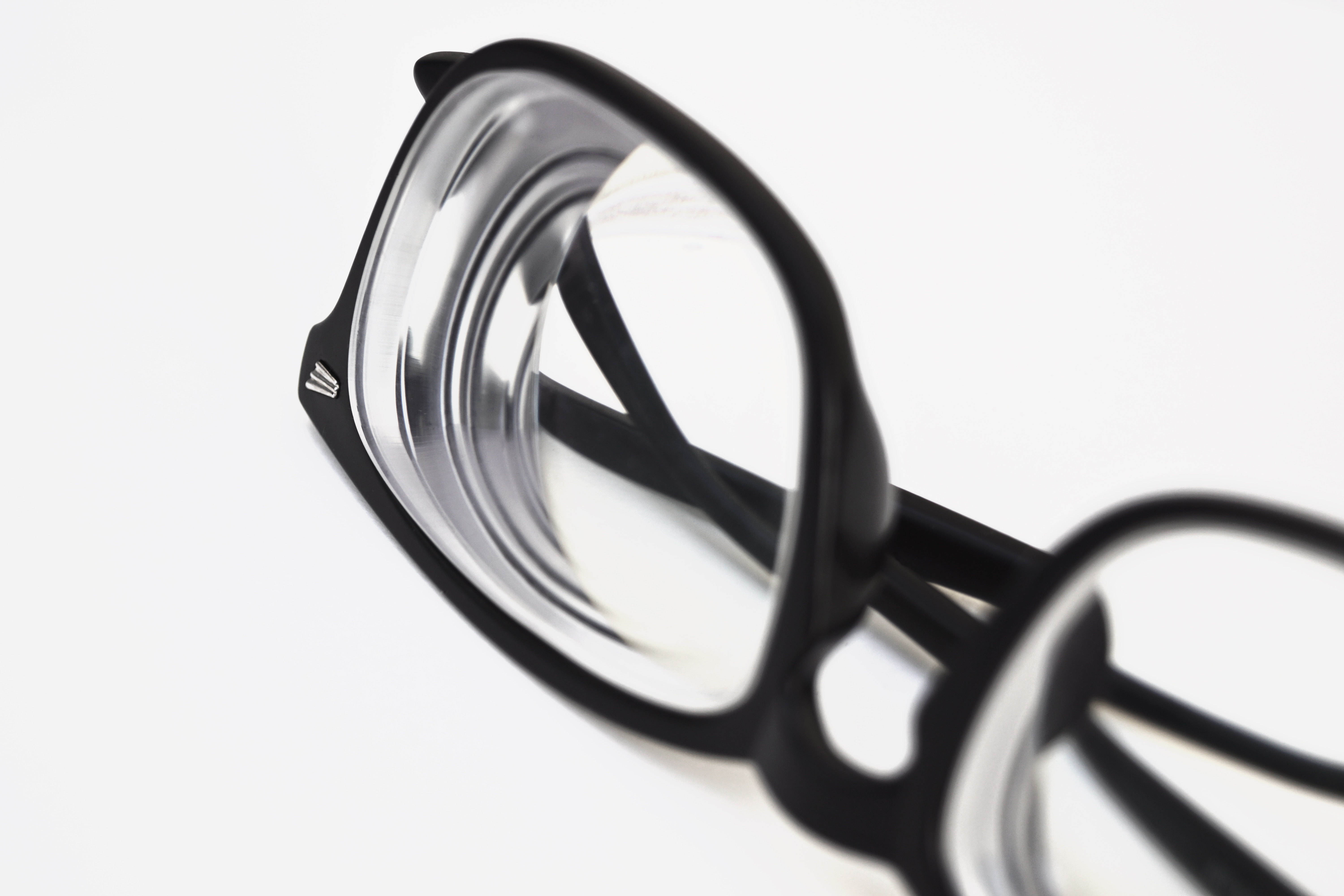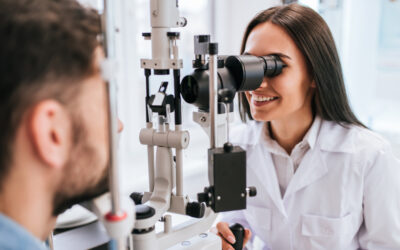Table of Contents
In February 2023, the Food and Drug Administration strongly advised people to stop using Delsam Pharma’s Artificial Eye Ointment, citing the possibility of bacterial contamination. Citing safety issues like “lack of appropriate microbial testing” and “lack of proper controls concerning tamper-evident packaging,” bureaucrats took the unusual step of banning imports of this product.
The latest alert comes shortly after the agency issued a similar warning about Pseudomonas aeruginosa contamination in EzriCare Artificial Tears. Five people who used this product suffered permanent vision loss. One person died.
Officials from the Centers for Disease Control advised people who use any eye drops or ointments to look for any sign of infection, including eye discomfort, redness, discharge in the eye, and blurry vision. Anyone with these or similar symptoms should immediately see a doctor.
Government Recalls
If a consumer thinks the government effectively protects eye health, it might be time to think again. This watchdog agency doesn’t have teeth.
The FDA doesn’t have the power to recall dangerous products unilaterally. It can limit imports, as it did with EzriCare Artificial Tears and Delsam Pharma’s Artificial Tears. However, the products currently on the shelves will stay there unless the company voluntarily recalls them.
Lawmakers sometimes introduce bills expanding the FDA’s product recall power to protect eye health better. Big pharmaceutical companies, who only care about making money, quickly kill these bills.
These companies do not just fund lobbyists. They also fund the agency itself. Industry-paid user fees account for almost half of the FDA’s budget. This arrangement directly and adversely affects consumers. The more products these companies sell, even if they’re marginally dangerous, the more money the agency makes.
Additionally, a product recall keeps a bad problem from getting worse. But it does nothing to help the people who have already used tainted products and probably damaged their eyes.
Quick Fixes vs. Permanent Solutions
Furthermore, even the safest over-the-counter ointment or cream is only a quick fix. A local optometrist, on the other hand, offers permanent solutions.
People naturally turn to such treatments when they have vision or other health issues. Almost half of Americans take at least one prescription drug. Taking doctor-prescribed medicine is almost always a good idea. However, this use also fosters a “there’s a pill for that” mentality.
Many eye cream and ointment labels make claims like “prescription strength.” So, in the minds of some, there’s not much difference between an over-the-counter salve and an optometrist’s care. However, there’s a big difference between the two.
Creams and ointments, like Delsam Pharma’s Artificial Eye Ointment, treat vision issues on the surface. They temporarily moisten eyes, shrink fat deposits, and provide other relief. But this relief only lasts a few hours. At best, surface treatments only keep bad problems from getting worse.
Companies like Global Pharma Healthcare primarily want to make money. Improving vision is a beneficial side-effect. An optometrist, on the other hand, is committed to vision health. This commitment shows in several ways:
-
Experience: Almost anyone can unscrew a top and apply a salve. But optometrists have extensive vision care training and experience. They bring all this experience and training to bear the moment a patient sits in the examination chair.
-
Examination: Almost anyone can look in a mirror and see surface eye problems. But optometrists look below the surface and perform thorough examinations before they make any treatment recommendations.
-
Follow-Up: Generally, the relationship ends once a customer buys an eye care product at a store. But when patients leave optometrist offices, the association is just beginning. An optometrist’s commitment to eye health doesn’t end when the patient leaves the office.
At Vision Care Direct, we make a similar commitment. We work hard to connect people with the eye care they need so they maximize their quality of life.
Preventative Eye Care
The good guys often tried to head the bad guys off at the pass in old cowboy films. This proactive approach usually worked for the good guys in the movies. It also usually works for optometrists.
Regular eye exams are probably the most crucial element of preventative eye care. But there are other elements as well.
Diabetes-induced blindness, one of the leading causes of vision loss, is almost always preventable. The key to this prevention usually lies in the ABCs of diabetes:
-
A1c blood levels below 7%
-
Blood pressure under 140/90
-
Cholesterol at a manageable level
These targets vary among individuals, so to preserve your vision, review these areas with your doctor.
Blindness, diabetes and other severe conditions that could threaten eye health are often hereditary. So if you have a family history of such illnesses, you’re in a higher risk category, and some lifestyle or other adjustments are probably a good idea.
Speaking of lifestyle, diet and weight are directly related to eye health. Fruits, vegetables (especially leafy green vegetables), and fish rich in omega-3 acids, like halibut and salmon, are good for your eyes. An unhealthy weight significantly increases the risk of diabetes, which means diabetes-related glaucoma or other problems.
On a related lifestyle note, don’t smoke. Researchers have linked smoking to vision problems such as cataracts, age-related macular degeneration, and optic nerve damage.
Protecting your eyes from trauma injury is essential as well. Wear protective eyewear at work, while playing sports, or in other similar situations. Polycarbonate protective eyewear is best. This substance is about 10 times stronger than many other plastics. Sunglasses should block at least 99% of UV-A and UV-B solar radiation.
Eye protection doesn’t require creams or ointments. You only need to follow some basic advice and see an optometrist regularly.
Don’t risk further damage to your eyesight. Take control of your vision health today and ensure you have access to the best eye care services.
